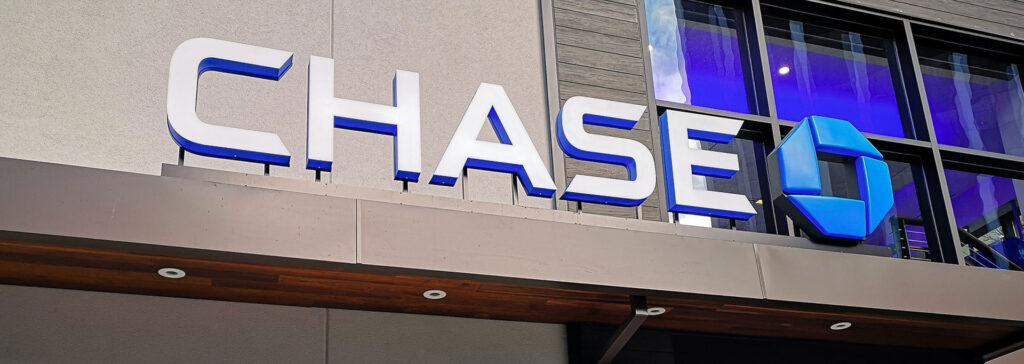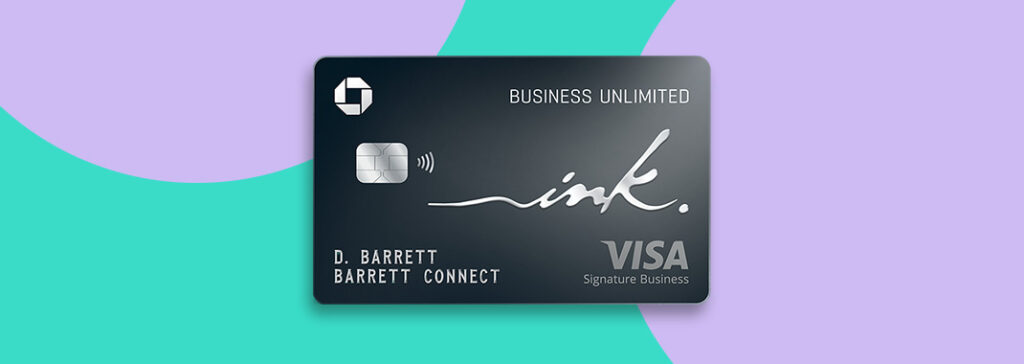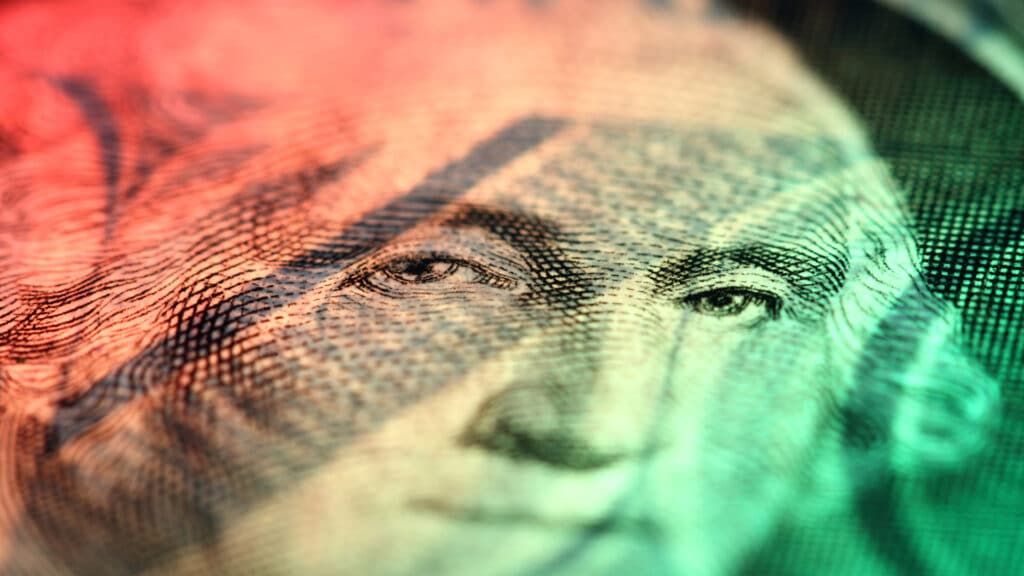Most products on this page are from partners who may compensate us. This may influence which products we write about and where and how they appear on the page. However, opinions expressed here are the author's alone, not those of any bank, credit card issuer, airline or hotel chain. This page may include information about American Express products currently unavailable on Slickdeals. American Express is not a partner of Slickdeals.
One of the best things about getting a new credit card is earning a big cash-back bonus and even free travel just for signing up and becoming a cardholder. I should know. I have nearly a dozen credit cards, and I've earned a bonus for each and every one of them. As Slickdeals senior financial editor, I spend a lot of time reviewing and using credit cards. And let me tell you, the best credit card bonuses can put up to $200 cash in your bank account or help you stash away bonus miles for free travel (post-pandemic travel or otherwise).
When you use credit cards as a form of payment — rather than a short term loan — and pay your balances each month, credit cards are among the most useful money-saving tools a consumer has. Though, it's not a good idea to get a new card just for the signing bonus. You'll want to evaluate any potential card's benefits against your household spending.
So whether you're new to credit card bonuses or you're considering applying for a new card, we'll walk you through everything you need to know about bonus offers. Admittedly, not all bonuses are created equal, so read on to figure out which sign-up bonus is right for your wallet.
How Do Credit Card Bonus Offers Work?
Many credit card issuers will offer sign-up bonuses for new cardholders who spend a specific amount in their first three months membership. This amount varies by card, but typically cards with higher sign-up bonuses require users to spend $4,000 to 5,000 in qualifying purchases in their first three months of account opening. Cash-back cards usually have much smaller spending thresholds to qualify for a new card bonus.
As an example, the much-lauded Chase Sapphire Reserve® rewards new cardmembers with 125,000 points after they use the card to make $4,000 in purchases.
Balance transfers, cash advances and annual fees will not count toward this bonus requirement. Credit card sign-up bonus offers can come in the form of cash back, miles or points. For some cards, the initial point bonus will qualify them for more perks, such as the use of an airline companion pass.
Types of credit card bonus offers
Credit card bonuses are typically awarded to new cardholders in several ways, either as a cash bonuses, statement credits, points or miles. Here's a quick breakdown.
Cash-back bonuses
Cash-back bonuses can be more flexible than earning points. Typically, you won’t earn as much cash back as you would point and miles, but it is easier to spend. To redeem your cash-back bonus, just request a statement credit or check or have the bonus transferred to your bank account.
Statement credits
A statement credit is money paid to your account by your card issuer. It essentially works the same as a cash payment to your account. Some rewards card issuers like American Express often offer statement credits as a payout for cash rewards or other point redemption. Statement credits can be used to pay down your card balance or they can remain on your statement as a positive account balance for future purchases.
Points and miles
Other cards reward you in points or miles. This can turn your sign-up bonus into discounts on goods and services you use daily. These points and miles usually go farthest when redeeming them for travel. Some cards will allow you to redeem your points and miles for cash, account credits or gift cards. However, the conversion rate isn’t always as high. Redeeming points or miles might take a little more legwork since you have to make sure you are redeeming your hard-earned points and miles for top dollar travel plans.
Which Credit Cards Give You Money for Signing Up?
Rewards credit cards and co-branded travel cards typically have the best sign-up bonuses. Many cards are very similar in the everyday spending rewards they offer. Therefore, a card issuer might offer an enticing sign-up bonus to attract more cardmembers. Look for a rewards credit card that not only gives you a lucrative sign-up bonus, but also a card that rewards you for how you spend money. If you don’t spend a lot of money on travel (especially amidst the COVID-19 safety restrictions), research cards that offer more rewards back on groceries and gas instead of travel.
You can review bonus offers from issuers like American Express, Capital One and Chase, using Slickdeals' guide to the biggest credit card bonuses. And if you're a small-business owner or sole proprietor, Slickdeals best business credit card bonuses reviews limited-time offers for business cards like the Ink Business Cash® Credit Card's $750 cash bonus.
Choosing the Right Card With the Right Sign-Up Bonus
When choosing the best credit card for your budget and spending habits, consider the sign-up bonus in addition to the card's rewards rates and benefits. Weigh them carefully with the card’s everyday spending rewards — for example, if you are torn between two cards, which one will give you more cash back throughout the year rather than just upfront. Here are a few questions to ask when you are comparing credit cards:
Can you reach the spending threshold?
The first rule of credit cards is to never use them as a loan. Similarly, never spend money that you normally wouldn't spend to reach a bonus eligibility threshold. Meeting a spending requirement isn’t a grand shopping spree. Calculate how much you must spend to reach the threshold and if it fits into your budget. Never carry a balance on your credit card. Your sign-up bonus loses value when you pay interest on a credit card balance.
Is the annual fee worth it?
If the card comes with an annual fee, weigh the fee against the rewards and perks. The Chase Sapphire Preferred® Card is a good example. I carry this card in my wallet for a $95 annual fee. I earned 125,000 Chase Ultimate Rewards bonus points that I haven't really been using because of travel restrictions during the pandemic. However, the card's strong rewards rate and the promise of post-pandemic travel still compel me to pay the annual fee.
 Related Article
Related Article
Should I Pay a Credit Card Annual Fee?
Cards with smaller annual fees typically come with smaller sign-up bonuses, but they also have lower spending minimums to activate the bonus. In fact, no-annual-fee card bonuses are among my favorite offers to take advantage of.
Is this the best offer for a particular card?
Credit card offers come and go. Try to research other offers the card issuer has promoted within the past year. There is a good chance similar bonuses will occur again.
It's also wise to be realistic about how you will use the sign-up bonus. If you don’t love to travel, then you will probably take a lower cash value for your bonus — i.e., your 50,000 points might only be worth $350 in cash rather than $500 in travel redemption.
Also, the promised bonus points a card might offer might only equate to $500 in perks when redeemed for a specific airline or hotel chain. Make sure to research the card’s bonus redemption options, so you aren’t stuck with a bonus you can’t use.
How to Maximize a Sign-Up Bonus
Once you know which credit card bonus you will be pursuing, it is time to make the most of it. Just a little more effort could land you more bonus points.
Time your card applications carefully
Timing is everything when it comes to credit cards. You want to apply when the card has the best offer, and you also want to apply at a time you were planning on spending more money, such as right before the holidays or before remodeling your kitchen. This will help you reach the spending limit faster. Make sure you have let enough time pass between similar credit card offers. For example, you must wait 24 months to receive another sign-up bonus from a Chase credit card.
Never overspend
Seriously, never ever. The desire to meet your credit card bonus spending threshold might put you in a shopping flurry. Keep track of your spending to make sure you reach the minimum without racking up debt. Only spend money that you normal budget for.
Look for special offers
Sometimes a card will allow you to add an authorized user for additional points. Other times, you can activate offers on your card to make your spending go even further.
Watch out for hidden fees
Not every retailer lets you swipe your plastic for free. Some purchases will incur a convenience fee. These fees are common for online ticket vendors or third-party companies that allow you to pay your rent with a credit card.
Understand what counts toward your spending threshold
Most cards will not count annual fees, transferred balances or cash advances toward the spending threshold. Many cards will also not count gift cards, lottery ticket purchases and similar purchases toward the bonus, either. Read your card’s fine print thoroughly before you spend. When in doubt, a quick chat with your card’s customer service line can help.
Be careful about returning items
Any returns made on your card will not count toward your purchase total. Even if you return an item after you receive your bonus, the issuer can reclaim the bonus if your original purchases did not meet the spending requirements. This is at the discretion of the card issuer. But what if you really hate the sweater you bought? Try returning items in exchange for store credit rather than getting credit back on your card.
Are Sign-Up Bonuses Taxable?
Thankfully, most credit card bonuses are not taxable. As long as you earn your bonus through meeting a spending limit and it's for a personal account. The same rule applies for any money, points or miles earned through everyday spending. Typically, credit card bonuses are seen as rebates and not as income.
The only time that credit card rewards are taxable is when you do nothing in exchange for the reward. For example, if you earn 50,000 miles for signing up for a credit card but are not required to spend money to qualify for the offer, then you'll most likely need to pay tax on the bonus because it will be flagged an income.
When credit card bonuses don’t require a specific spending requirement, you might be sent a Form 1099-INT (required if interest income is $10 or more) or a Form 1099-MISC (required if income is $600 or more) from your card issuer for the cash value of the bonus.
Next Steps: Bank Bonuses and Brokerage Bonuses
The best rewards credit card deals help you earn cash back, points or miles for every dollar you spend. While it's always helpful to earn a couple of points on all of your purchases, it's even better to snag thousands of them at once, thanks to an impressive credit card bonus offer.
However, resist the urge to chase bonus offers and always evaluate a card's benefits over the long term. Similarly, watch the impact opening multiple cards has on your credit score over a short period of time (1-2 years). Credit card approvals always involve a hard pull on your credit report, which can have a negative impact.
Because of the impact opening new cards has on credit scores, I'm a big fan of bank bonuses and brokerage bonuses. Both of which offer valuable cash offers to new customers — with only a soft pull on your credit. I recently earned a $400 bonus after opening a Chase Total Checking® account along with a Chase Savings℠ account. Similarly, there are lucrative bonuses for opening new brokerage accounts with BlockFi, SoFi Invest and M1 Finance.
Credit Card Sign-Up Bonus FAQ
-
No, credit card sign-up bonuses are generally not taxable. Because you earn a sign-up bonus by meeting a spending requirement, they are regarded as rebates by the IRS. However, if you do nothing to earn a sign-up bonus, then it is likely to be reported as income, and the bank or card company will issue you a Form 1099 to include in your tax return.
-
Depending on it's usage, a cash-back bonus can be either cash-back rewards earned when making purchases with a credit card, or it can refer to a cash-back sign-up bonus that can be earned when opening a new credit card account. With the latter, card issuers often offer new cardholders a cash-back bonus when they open a new credit card and meet a spending threshold or other requirement. As cash-back rewards, a cash-back bonus can also mean earning a predetermined amount of cash back when you use a card as a form of payment, typically between 1% to 3% per dollar spent.
-
Popular ways to spend enough to meet a credit card bonus requirement include putting all of your purchases on the new card, making planned big-ticket purchases (like appliances, vehicles, or travel), getting reimbursed for business expenses, making charitable donations, purchasing rewards points or miles, and prepaying any expenses (think insurance premiums or eligible monthly services and utilities). However, it's generally not a sound financial decision to pay a transaction fee when using your card as a form of payment. Additionally, never spend money that you normally wouldn't spend just to reach a bonus requirement.
-
Bonus miles are one of several types of spending rewards that cardholders earn whenever they use their credit cards for purchases. Some card issuers award additional bonus miles for certain spending categories including dining, groceries and travel. For example, a credit card may earn 3X miles per dollar spent at restaurants and 1X point on all other spending. While another card may earn 2X miles on all purchases. Depending on the credit card, you can redeem bonus miles for free flights, general travel purchases, cash back, gift cards and more.









